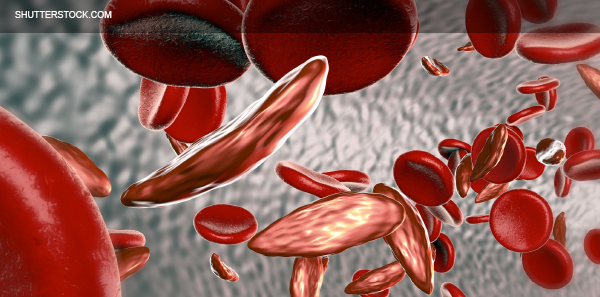
Prescription opioids are also a cornerstone of SCD pain management, and people with SCD must still have access to this class of medications. However, limiting opioid prescriptions written from the emergency department is a practice I support. To be clear, I firmly believe that people living with SCD should have ready access to prescription opioids at home. However, prescription opioids are an extremely dangerous class of medication, they have side effects, they are habit-forming, and they place patients at risk for addiction. While IV opioids given during an ED visit cannot be diverted or sold, prescriptions can. Having SCD means patients have a legitimate indication for accessing large quantities of opioids over long periods. In today’s climate, it is appropriate to recommend that such an individual receive medication from one provider who has the capability and knowledge to appropriately monitor the patient. It is our responsibility to maximize access to knowledgeable SCD providers so that patients can acquire these medications without the need for an ED visit.
Explore This Issue
ACEP Now: Vol 36 – No 12 – December 2017The prescription opioid crisis presents an opportunity for our specialty to learn and ultimately do better for our patients. Highly impactful research has shown that a single opioid prescription for more than 10 days’ duration is associated with long-term opioid use. Indeed, for minor pain we must be more parsimonious in our dispensation of opioids. However, for some conditions, SCD included, opioids are still indicated as first-line therapy. IV opioids given in the emergency department during acute SCD pain episodes play almost no role in facilitating the larger prescription opioid crisis, and we should continue to use them aggressively until disease-modifying SCD therapies render opioids obsolete.
Dr. Glassberg is assistant professor of emergency medicine, hematology, and medical oncology and associate director of the Mount Sinai Comprehensive Sickle Cell Program at the Icahn School of Medicine at Mount Sinai in New York.
References
- Glassberg JA, Tanabe P, Chow A, et al. Emergency provider analgesic practices and attitudes toward patients with sickle cell disease. Ann Emerg Med. 2013;62(4):293-302.e10.
- Koch KL, Karafin MS, Simpson P, et al. Intensive management of high-utilizing adults with sickle cell disease lowers admissions. Am J Hematol. 2015;90(3):215-219.
Pages: 1 2 | Single Page





No Responses to “Are Opioids for Sickle Cell Disease Appropriate, or Do They Enable Addiction?”